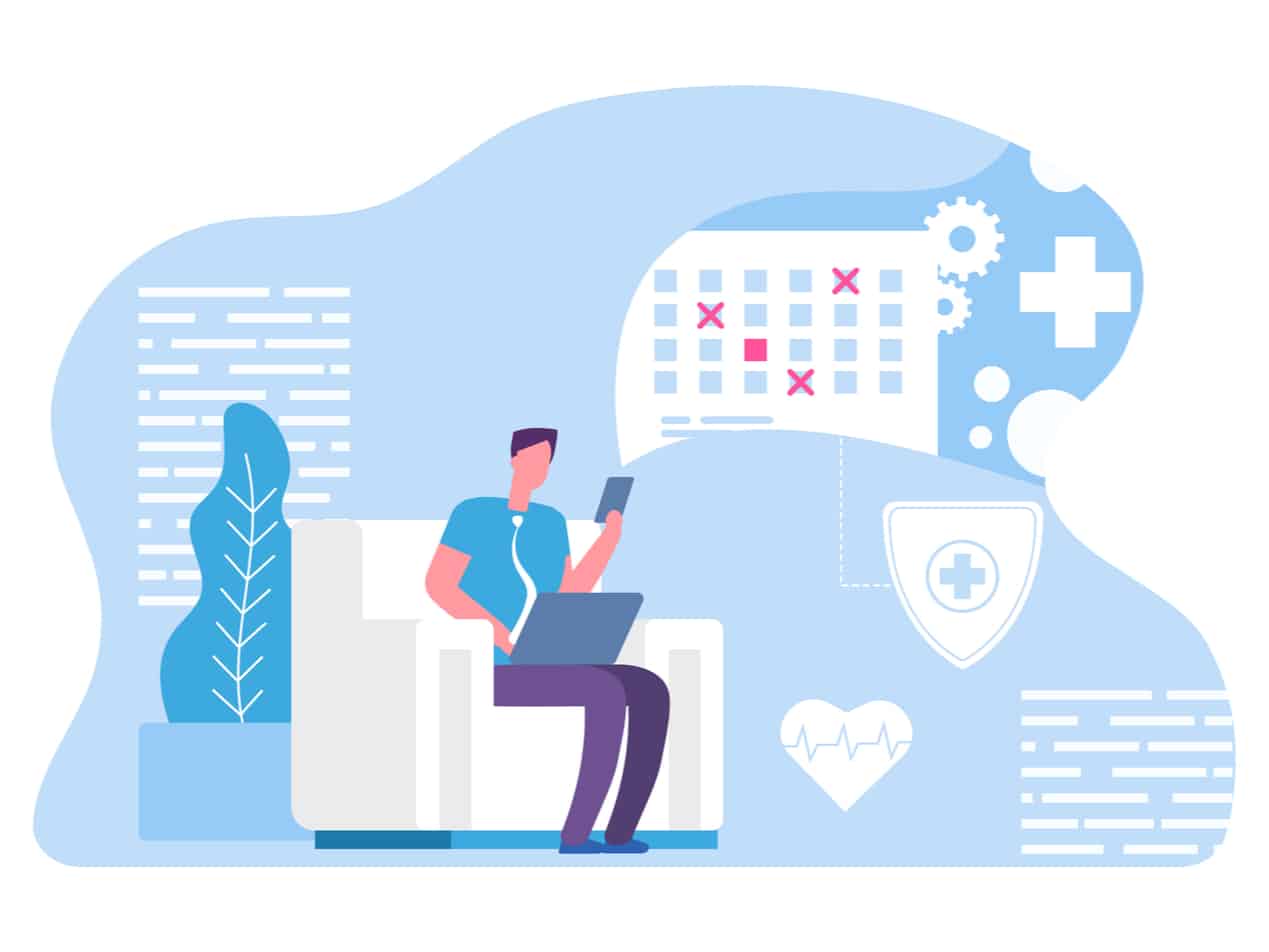1 min read
3 min read
Developing sensitive and informed language in mental health settings
Kirsten Peremore
July 23, 2024

Mental health professionals should work on developing sensitive and informed language in support networks because it helps patients feel understood and valued. This, in turn, boosts their confidence and willingness to engage in their treatment outside of the monitored nature of in-patient care.
A look at the terminology in mental health settings
Using informed and compassionate language helps to avoid terms that carry stigma. According to a study titled, Terminology Preferencesin Mental Health, “...over the past few decades, there has been the emergence of numerous terms used to describe people with a mental illness; with mental health professionals aware of the need to reduce the stigma of mental illness, and people with a mental illness having a voice.” Stigmatizing language can marginalize or demean individuals facing mental health challenges, often making them feel isolated or misunderstood. For instance, describing someone as "a schizophrenic" reduces their identity to their condition, whereas "a person with schizophrenia" acknowledges their humanity first. This subtle shift in phrasing can make a difference in how patients perceive their treatment and engage with healthcare providers.
Moving away from stigmatizing expressions helps break down the barriers of isolation and shame that frequently surround mental health issues. It paves the way for a more inclusive and supportive environment within healthcare settings. When both support systems and mental health professionals consistently use respectful and sensitive terminology, it enhances the therapeutic relationship. This commitment fosters a nurturing atmosphere where patients feel valued and understood, not judged or labeled.
Adopting this approach across all levels of interaction within mental health services—from clinical settings to public awareness campaigns—encourages a broader cultural shift towards greater acceptance and understanding of mental health issues. This widespread change can lead to more individuals seeking help without fear of stigma, ultimately improving public health outcomes.
The importance of support networks for recently discharged patients
When a patient leaves the structured environment of a hospital, they face the challenge of adapting to daily routines and responsibilities. A support network, typically consisting of family members, friends, mental health professionals, and possibly peers who have similar experiences, acts as a safety net during this vulnerable period. This network might organize regular check ins, offer transportation to therapy appointments, or simply provide a listening ear.
To create these networks, hospitals often coordinate with community services before a patient's discharge, setting up a plan that includes identifying potential network members and organizing initial meetings. Community centers and online platforms can also facilitate the formation of support groups, where individuals can share their experiences and coping strategies. These networks help prevent relapse as well as encourage the patient’s autonomy.
Best practices
- Use real life scenarios in workshops to practice sensitive communication. For example, role playing a conversation about medication adherence or discussing symptoms.
- Offer regular refresher courses to reinforce sensitive communication skills. This can be done quarterly or biannually.
- Develop clear and concise guides that explain preferred terminology versus stigmatizing language. Distribute these guides via email and physical handouts.
- Provide templates for common conversations, such as discussing a bad day or managing a crisis, that use sensitive language. These can be shared through HIPAA compliant email.
- Set up automated email campaigns that deliver tips, reminders, and positive language examples on a regular schedule (e.g., weekly or biweekly).
- Develop or recommend apps that focus on mental health communication, which include daily tips and reminders.
- Create short, engaging video tutorials that demonstrate effective communication techniques. Share these through email and on a dedicated support network website.
- Design infographics that bring to attention key points about sensitive language. These can be included in email communications for quick reference.
- Establish peer support groups that meet regularly, either in person or virtually, to discuss communication strategies and share experiences. Use email to coordinate these meetings.
- Pair new members of the support network with experienced mentors who can provide guidance and support in using sensitive language.
- Encourage regular feedback from patients about their interactions with the support network. Use this feedback to continually improve communication practices and share successes in emails to the network.
See also: Top 12 HIPAA compliant email services
FAQs
Is consent necessary to contact a patient's family when they are under a psychiatric hold?
Yes, consent from the patient (if they are capable) or a legal guardian is necessary to contact a patient's family when they are under a psychiatric hold.
What type of material can be communicated by text?
Nonsensitive information, such as appointment reminders or general wellness tips, can be communicated by text.
Is consent necessary to email support networks?
Yes.
Subscribe to Paubox Weekly
Every Friday we'll bring you the most important news from Paubox. Our aim is to make you smarter, faster.




